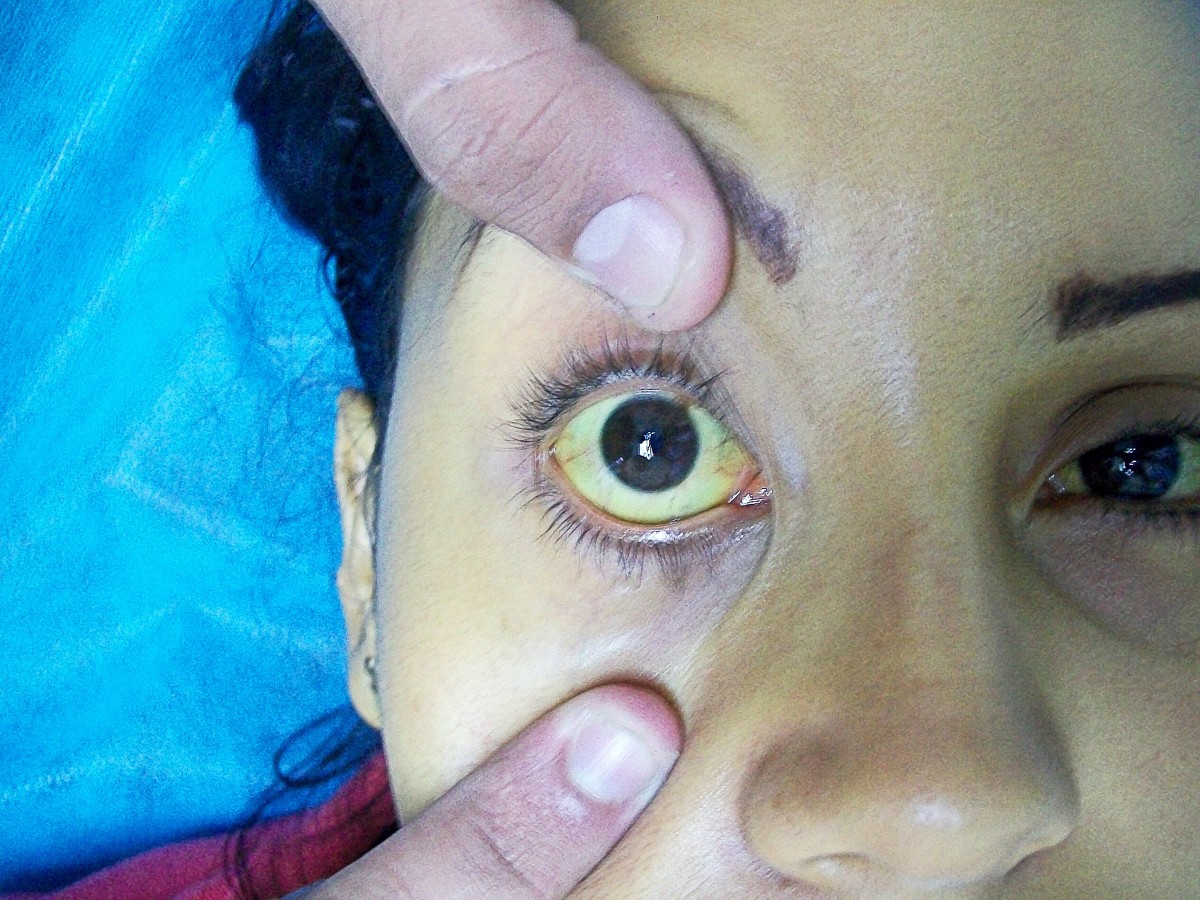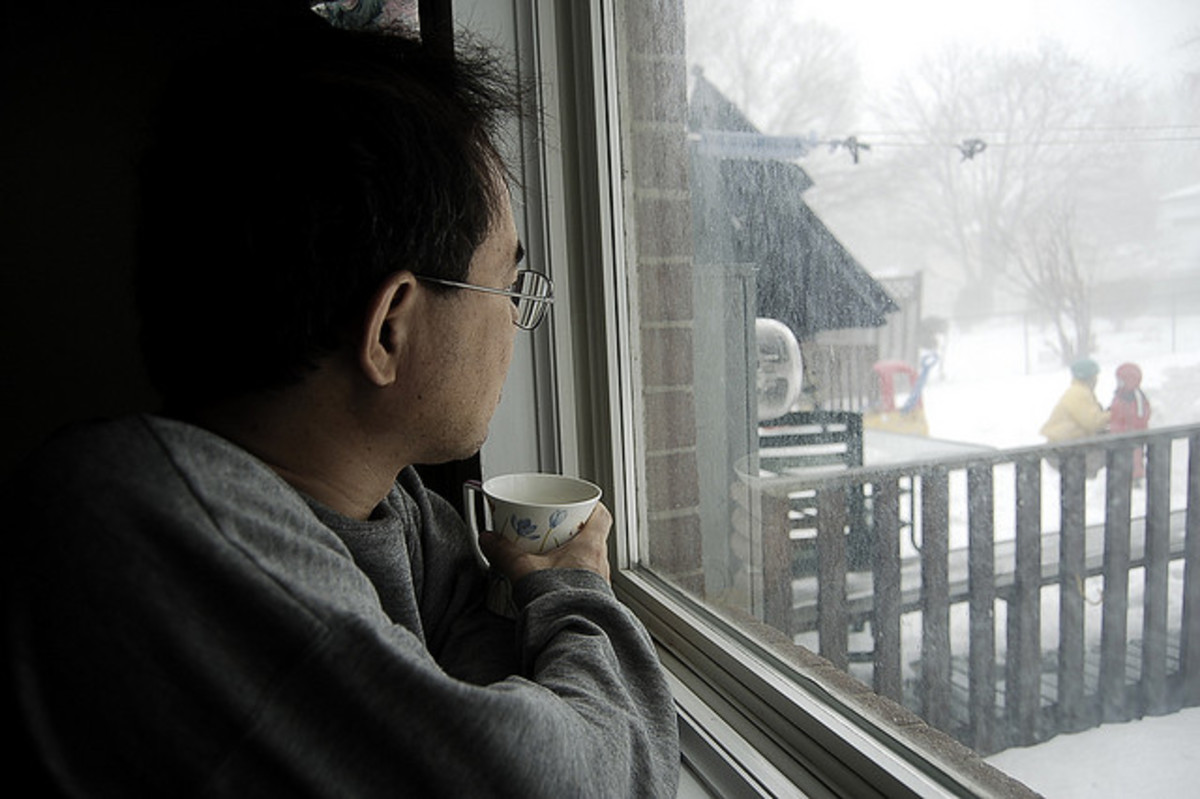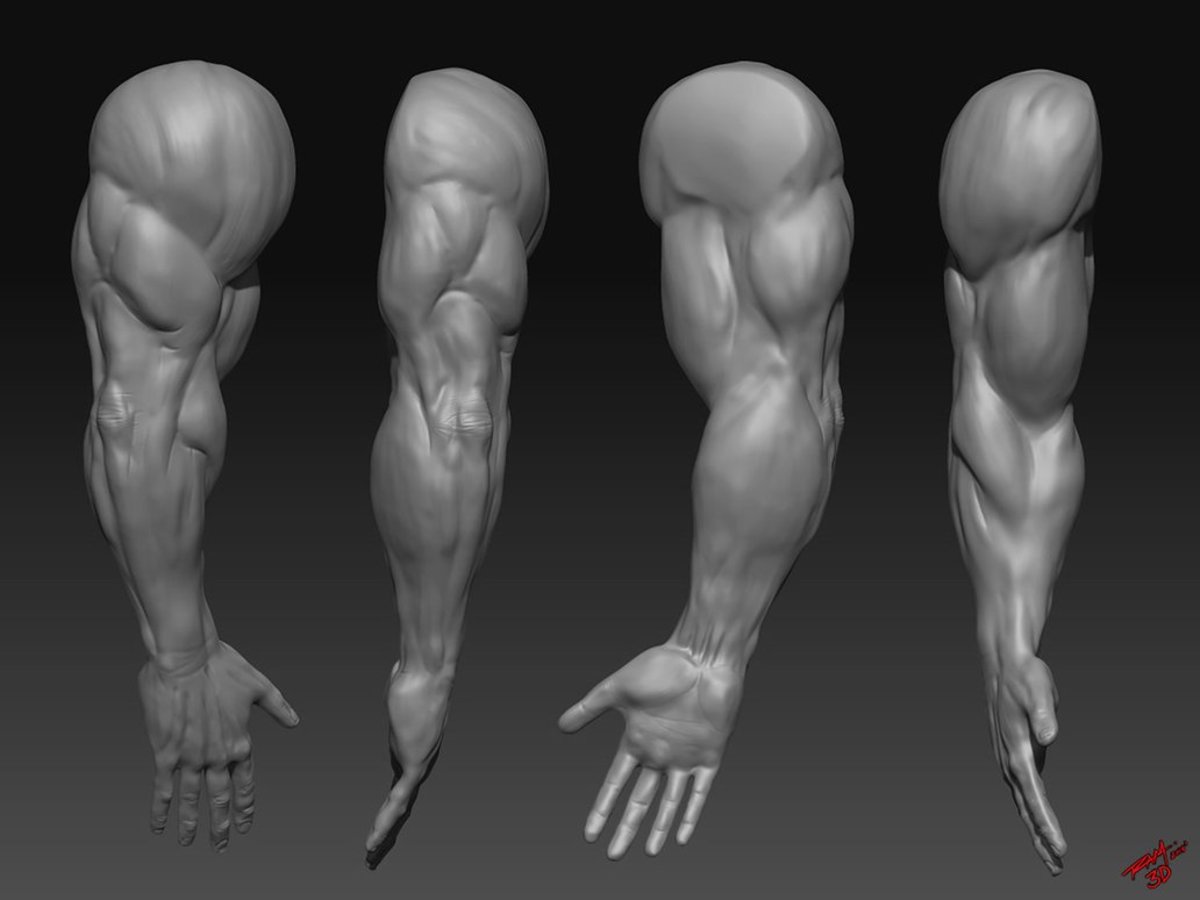How to Wake Up More Easily and Fight Fatigue

Let’s face it: sometimes getting out of bed in the morning is torture. Late nights, stress, and sleep troubles can leave you feeling drained and unwilling to leave your comfy pillow. Here are some things you can do (besides reaching for a cup of coffee) in the morning to feel more awake and ready for your day.
#1: Open the Windows to Brighten the Room
Bright light may seem awful when you are groggy, but it will help you feel more awake and alert. At nighttime, your body produces a hormone called melatonin. Melatonin causes you to feel sleepy because it tells your body it is time for sleep. The production of this hormone starts in response to darkness or dim light, and stops in response to natural or bright light. Morning light will help your body become more awake and alert naturally.
10,000-lux Light Therapy:
If your job or schedule has you waking before the sun, you can purchase a light box that uses 10,000 lux lighting. This type of lighting is similar to natural light, helping your body to produce less melatonin. 10,000 lux lighting is often used for seasonal affective disorder (SAD), or for those affected by the lack of light during winter months. This type of light has been shown to have beneficial effects on alertness as well as hormone production in the brain that affects mood. The natural light will stop the brain’s production of melatonin and encourage the release of serotonin that naturally increases during the day.
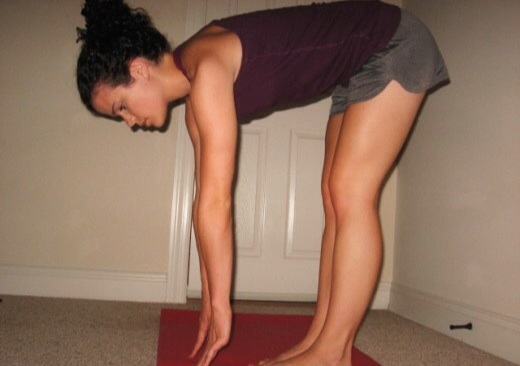
#2: Do Some Stretching
During the time that you sleep, a lot of changes happen in your body. Your heart rate and blood flow slow down, your breathing slows and deepens, your body temperature decreases, and your muscles may slightly stiffen from lack of movement. When you wake up in the morning, these overnight physical changes can leave you dragging your feet. Doing some simple morning stretches can increase your heart rate and blood flow, increase your breathing, warm your body, and loosen your muscles. Try stretching your arms overhead, doing some forward bends, and maybe even trying some yoga poses or body weight exercises.
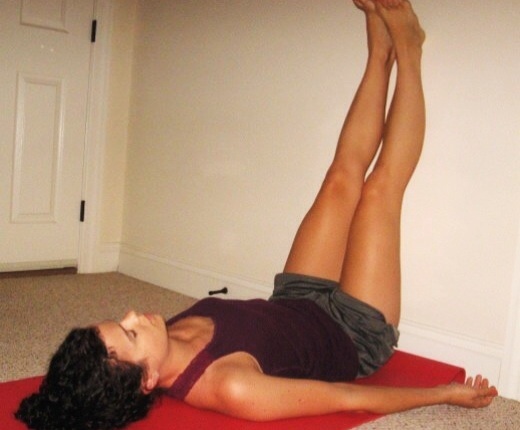
#3: Put Your Legs up a Wall
A lack of oxygen and blood flow to your brain can be a cause of fatigue. In a way similar to stretching, lying on the floor with your legs up the wall will increase blood flow and oxygen to your brain. However, this method simply uses gravity to pull stagnant blood from your legs back into circulation rather than using muscle movement to boost the flow of blood through your vessels. Try combining this with some deep breathing to increase the oxygen level in your body. Lying with your legs up a wall is actually a simple yoga pose (Viparita Karani in Sanscrit) used to improve circulation and relieve heaviness in the legs. Move your buttocks as close to the wall as possible. You can also fold up a blanket and place it under your hips if that is more comfortable.

#4: Splash Cold Water on Your Face
Morning fatigue can be caused by lack of stimulus to the brain. If you have not gotten enough sleep, your brain is still in rest mode, so you may need to give your brain some signs that it is time to be awake and alert. Splashing cold water on your face will get you out of that comfortable sleep mode and into a more alert state of mind. A more daring approach is to take a cold shower, or simply turn your shower cold for a few seconds.
#5: Hydrate Yourself
The importance of drinking plenty of pure water is often underestimated. When you are dehydrated, your blood is slightly thicker and you have less circulating volume. This means your body has to work harder to pump blood and oxygen throughout your body. Your body is mostly water, so when you are dehydrated, your body does not function optimally. This causes brain fog, fatigue, and exhaustion during exercise. Drink more water when you first wake up in the morning, and carry a water bottle wherever you go. Stainless steel water bottles are a good option because they are resistant to rust and bacteria, and they do not contain harmful chemicals that are found in plastic.
What If You Stopped Drinking Water?
Hydration Tip:
People tend to drink more water when they have it nearby. A reusable water bottle is a great way to stay hydrated. It keeps your water clean and has no harmful chemicals. Keep a bottle with you and take sips throughout the day.
Stainless Steel Water Bottles:

#6: Eat a Healthy Breakfast of Whole Foods
Breakfast is an important meal that can make you feel either energized or groggy and heavy. Foods that are high on the Glycemic Index tend to cause fluctuations in your blood sugar that make you feel fatigued. Many processed foods such as wheat products, refined bread, and many breakfast cereals have a medium to high glycemic index number. Foods that are low on the glycemic index include whole foods like most fruits and vegetables, whole grains, nuts and seeds. Aim for a meal like steel cut oats (not instant oatmeal) with some peanut butter and a banana. These foods will stabilize your blood sugar and give you a consistent level of energy. Be sure to avoid heavy, high fat foods that are difficult to digest and can leave you feeling uncomfortable and lethargic.
See Also:
- 4 Reasons Why You Are Chronically Tired
This hub article reviews four reasons why you may experience chronic fatigue.



